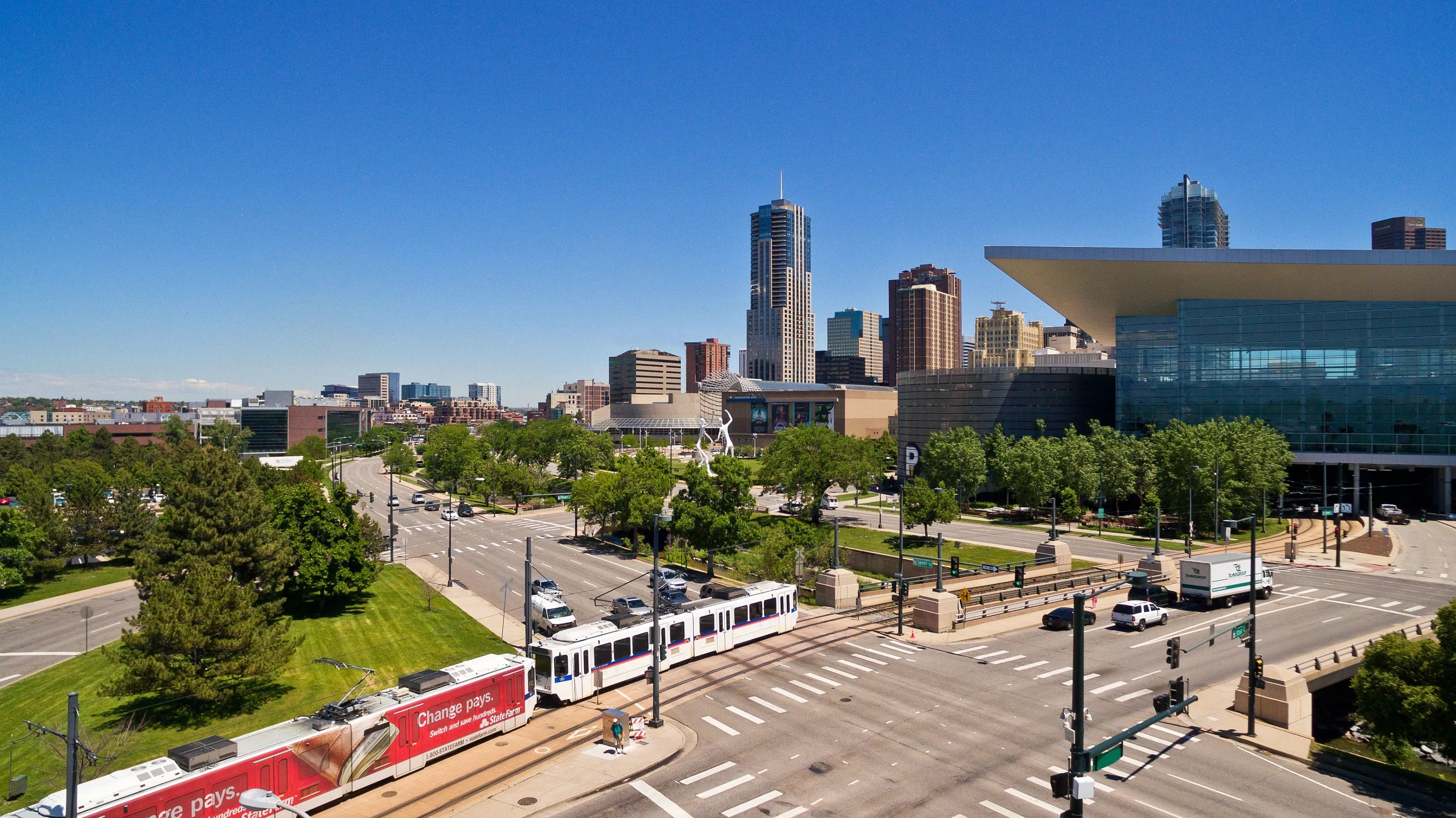
RTD

Audio By Carbonatix
A grassroots push for an energy tax that would help fund Denver’s efforts to fight climate change failed to collect enough signatures to put the initiative on the 2019 ballot, city elections officials said today, July 24.
The Resilient Denver campaign faced a July 8 deadline to collect the 8,265 signatures needed to qualify for the November 2019 ballot. According to Denver Elections spokesman Joe Szuszwalak, the group submitted just 7,987 signatures, 6,006 of which were accepted as valid.
Resilient Denver organizer Theron Makley told Westword earlier this month that if the group missed the deadline, it would consider two alternative paths forward. Under Denver’s initiated ordinance process, the group can still qualify for the November 2020 ballot by submitting an additional 2,259 valid signatures by November 12 of this year.
Organizers have also spoken with members of Denver City Council about a potential alternative to the current ballot initiative, Makley said. While such an alternative is unlikely to include a new tax, supporters hope to convince councilmembers to carve out more funding for the city’s climate efforts. City council also has the power to refer a measure to the 2019 ballot.
Climate activists, including supporters of the Resilient Denver initiative, demonstrated at the City and County Building on Monday, July 22, demanding stronger climate action from the newly sworn-in city council. Members of the group Extinction Rebellion Denver staged a die-in outside council chambers and asked the council to formally declare a “climate emergency.”
“Every decision you make in the next four years will either increase or decrease emissions,” activist Harry Gregory told councilmembers during the public-comment period of Monday’s council meeting. “What could have been reversed with gradual adjustments thirty years ago now requires scaling up for fundamental changes.”
Resilient Denver’s proposed ballot initiative would levy a small excise tax on electricity and natural gas consumption, adding about four dollars per month to a typical residential utility bill; low-income residents could apply for an exemption. The tax would raise an estimated $46 million in its first year, which would be used to fund a new Office of Climate Action and Resiliency to coordinate the city’s efforts to mitigate and adapt to climate change.
Resilient Denver organizers included activist Brandon Rietheimer and other supporters of the Green Roof Initiative, which passed despite the opposition of Mayor Michael Hancock and many other city leaders in 2017. Following passage of the Green Roof Initiative, city council referred a measure to last year’s ballot that asked voters to nearly double the amount of signatures required to qualify for the ballot and shorten the deadline for submitting them. The measure passed with 57 percent of the vote.
In its latest Climate Action Plan, released last year, Mayor Michael Hancock’s administration committed to achieving a 15 percent cut in the city’s overall greenhouse gas emissions by 2020. But the most recent available data shows that the city will almost certainly miss that target, with modest emissions reductions in the electricity sector offset by rising transportation emissions and the city’s continued growth. The plan also calls for a 30 percent cut by 2025 and a 45 percent cut by 2030.